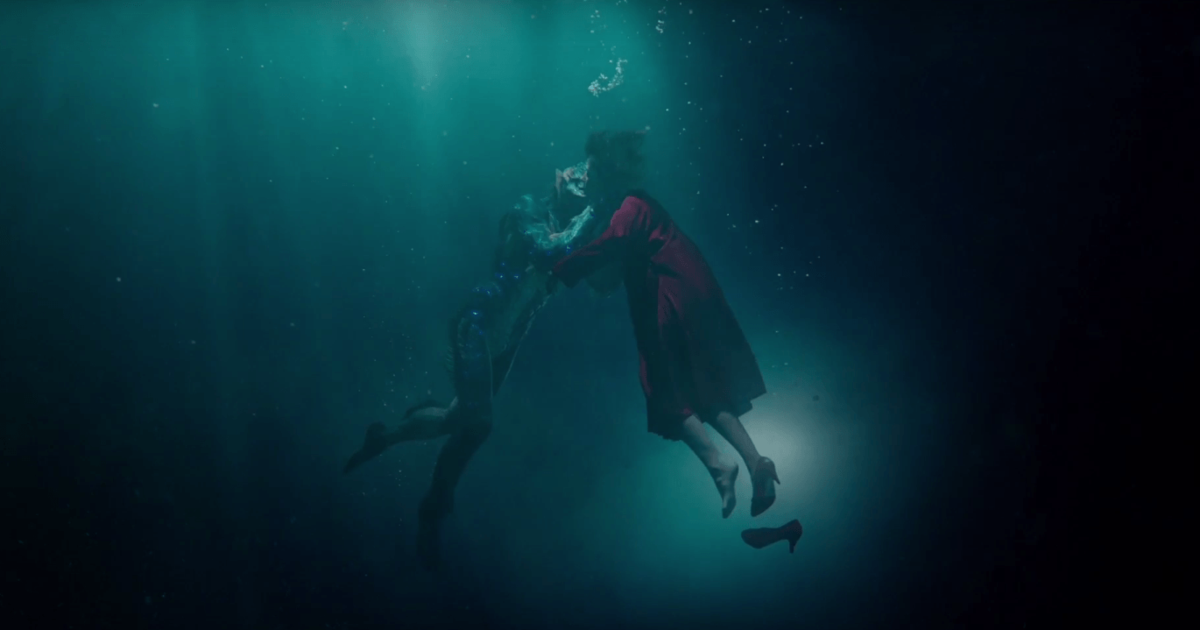BARRY LYNDON - Gareth Higgins
Most of the writing about Stanley Kubrick's film BARRY LYNDON, from the novel by William Makepeace Thackeray, and about the rise and fall of an eighteenth century social climber, reflects on the sheer technical prowess on display: Locations and costumes that feel as if they were photographed from inside a time machine, two hundred and fifty year old candlelit night scenes that were indeed only lit by candles when the movie was shot less than fifty years ago, a portrayal of royal protocol so dedicated to authenticity that Kubrick literally phoned the Queen. And yes, all those things - the way the film looks, the way it feels, the way it seems to even *smell* like how we imagine the 1750s - all those things combine to create something extraordinary: a work of cinema that surpasses almost all other attempts to do something similar.
But - and it's an important but - what gets too easily ignored in much talk about BARRY LYNDON is that its central role is invested with such clarity of restraint by Ryan O'Neal that one of the greatest of screen performances has never really been noticed. From the first frame - and it is, like every other frame here, as exquisite as the paintings that must have served as references - we see Barry as that most difficult of characters to portray: someone whose behavior is dislikable, but who elicits empathy. He starts poor, he wants to move up the ladder, and in that regard is only doing what the dominant story of our culture teaches: to accumulate - influential friends, money, reputation, "property". The problem with the accumulative impulse, of course, is that it tends toward disregard for the doubts and loves which make us human. Getting more stuff isn't the same thing as getting wisdom either.
It's no wonder that the most tragic element of Barry's broken life takes place where he has most allowed himself to actually feel something real. His loss is irreplaceable, because he hasn't learned how to ask for help. He has, of course, been assisted in the process of his own zombification by the fact that he has adopted a culture that depends on overwhelming pretense, from the literal powder masks worn by the aloof, to the value system that exiles those in pain, and honors those who caused it. Ryan O'Neal's face in this particular scene - no spoilers - should be one of the iconic images of cinema history.
The film is full of those, and as an essay revealing what really matters by overwhelming us with a portrayal of what doesn't, BARRY LYNDON is a brilliant paradox: a vastly entertaining movie about something awful.
The Criterion Collection has just released BARRY LYNDON in a gorgeous restoration, on DVD and Blu-ray. The special features do a beautiful job, among other things, of painting Kubrick not so much as the reclusive and slightly mad artist of clichéd renown, but as the avuncular patron of a ragtag family of people who thought that making films this way was normal, or even if it wasn't, they wouldn't have it any other way.





